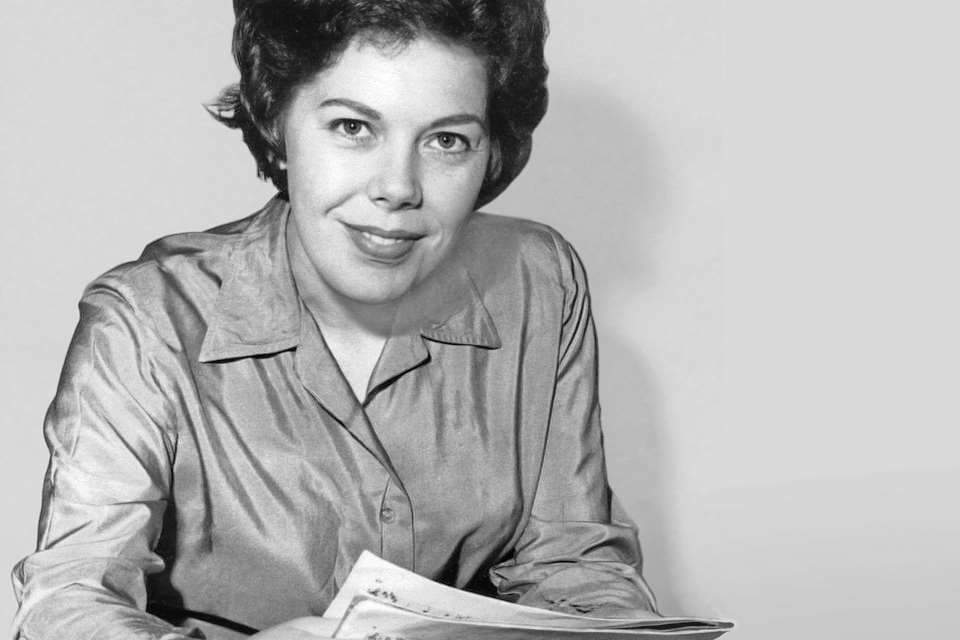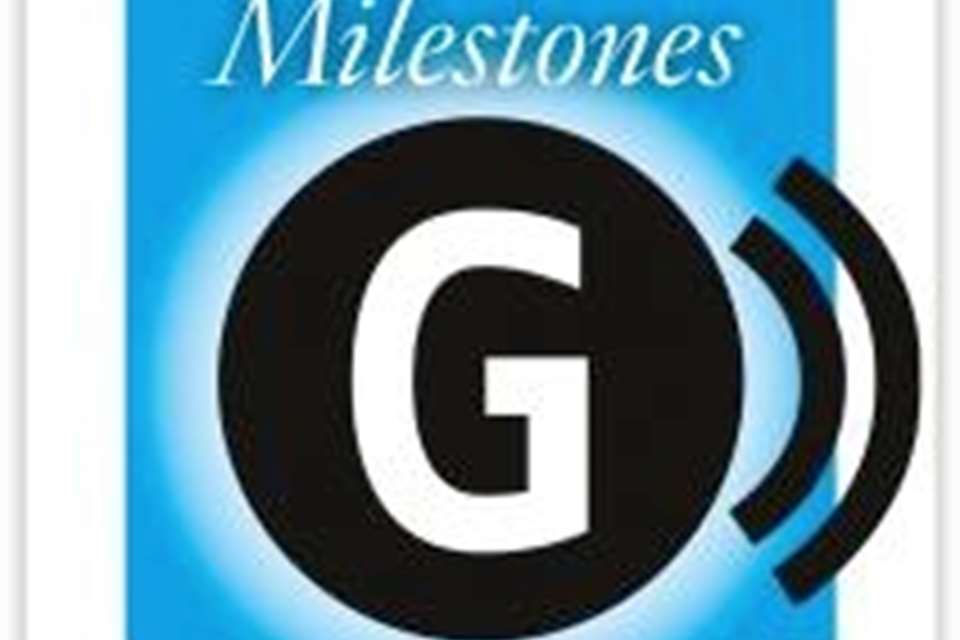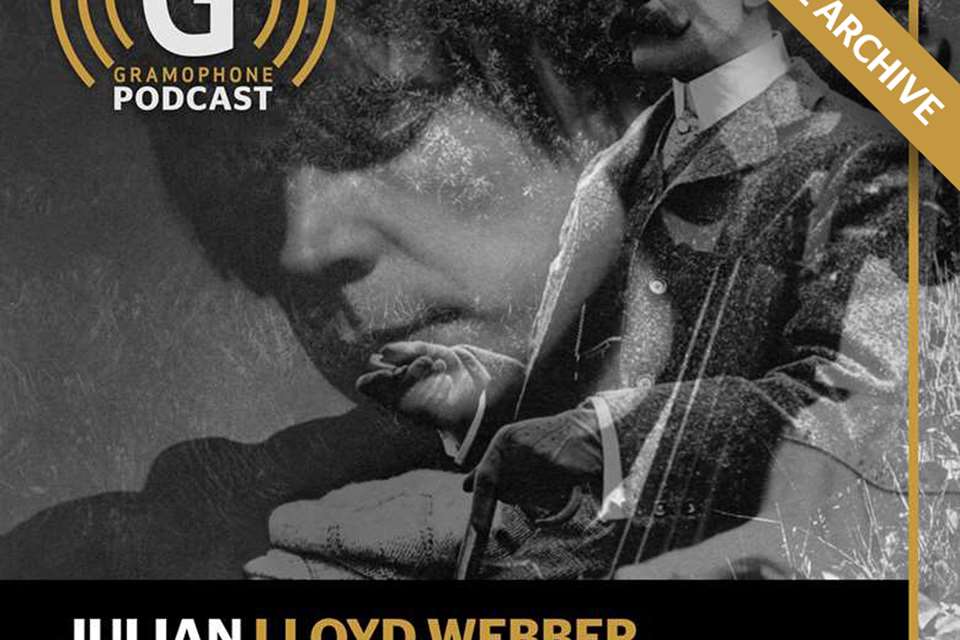Elgar’s Sea Pictures: a guide to the best recordings
Andrew Farach‑Colton
Monday, November 6, 2023
Janet Baker’s famous recording of Elgar’s song-cycle is justly regarded as a gramophone classic but Andrew Farach‑Colton sets sail in search of its challengers, old and new
Register now to continue reading
Thanks for exploring the Gramophone website. Sign up for a free account today to enjoy the following benefits:
- Free access to 3 subscriber-only articles per month
- Unlimited access to our news, podcasts and awards pages
- Free weekly email newsletter











